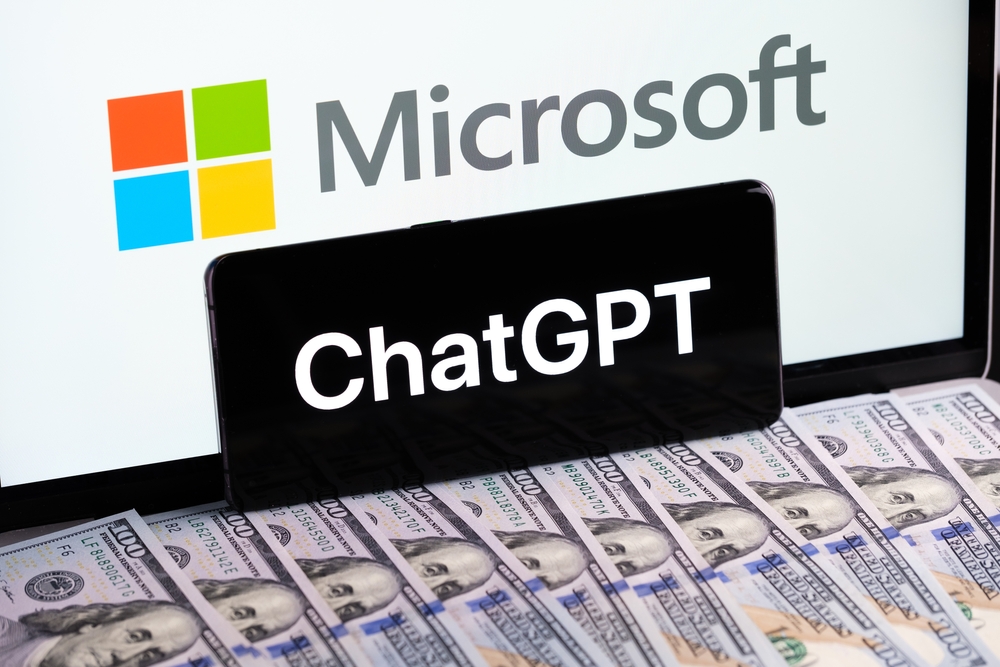OpenAI and Microsoft are in talks to revise their strategic partnership, a move that could lay the legal foundation for an initial public offering (IPO) of OpenAI. The restructuring marks a shift from OpenAI’s original nonprofit model toward a structure that enables external investment with capped returns.
Central to the negotiations is Microsoft’s stake in the newly reorganized OpenAI, in return for its total investment exceeding $13 billion. The companies are also revisiting the broader 2019 agreement, when Microsoft committed $1 billion. That deal, in place through 2030, outlines Microsoft’s access to OpenAI’s intellectual property, including AI models and tools, as well as revenue-sharing terms. According to multiple sources, Microsoft may reduce its stake in the future for-profit entity in exchange for extended access to OpenAI’s technology post-2030. This element is considered vital to both the restructuring and OpenAI’s long-term growth as a leader in large language models (LLMs). We’ll keep you updated as more details emerge.

IPO Plans and Structural Challenges
OpenAI CEO Sam Altman continues to affirm the company’s goal of creating artificial general intelligence (AGI), or systems that surpass human intelligence. Although OpenAI recently dropped a controversial proposal that would have removed its nonprofit board’s authority, it remains committed to converting its business unit into a Public Benefit Corporation (PBC). This legal status balances public benefit with profitability and is already in use by competitors such as Anthropic and Elon Musk’s xAI. Sources familiar with OpenAI say this transformation is a key investor requirement and a necessary step toward an IPO.
Despite collaboration in areas like AI model integration and infrastructure, the OpenAI-Microsoft relationship has become less stable. While Microsoft provides critical computing resources and software integration, OpenAI has moved to diversify its partnerships, working with SoftBank and Oracle on the Stargate infrastructure project. Tensions reportedly arise from OpenAI’s insistence on partner investment without operational interference. Still, both parties remain optimistic about reaching an agreement.
Investor Confidence and Regulatory Oversight
Founded in 2015 by Sam Altman, Elon Musk, and other researchers, OpenAI began as a nonprofit. In 2019, it opened a capped-profit arm to attract investment, emphasizing mission-first funding. In October 2024, OpenAI raised $6.6 billion from Microsoft, SoftBank, Thrive Capital, and Altimeter Capital, followed by a $40 billion round led by SoftBank in March 2025. These agreements include clauses allowing investors to withdraw funds if restructuring efforts falter. However, OpenAI leadership believes investor support will continue, even amid delays.
Company insiders stress that a conventional for-profit structure is necessary to attract the level of capital required, adds NIX Solutions. One source involved in negotiations stated that raising $40 billion under capped profit conditions would be impossible. To proceed, OpenAI must convince regulators in California and Delaware that its proposed structure aligns with its public mission. Delaware Attorney General Kathy Jennings has already announced a review to ensure compliance and nonprofit oversight. According to experts, failure to secure PBC status could be a major setback for OpenAI’s expansion plans.
